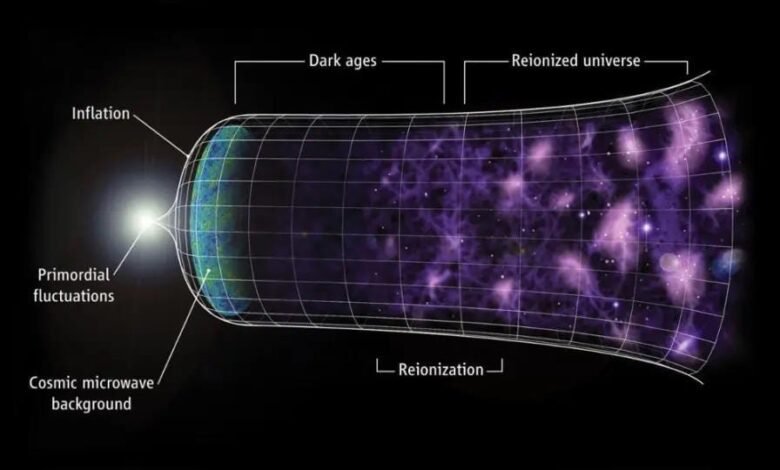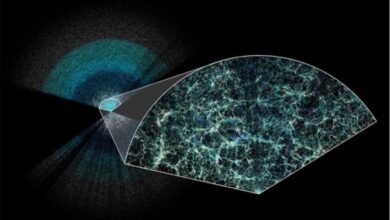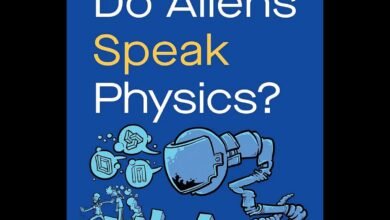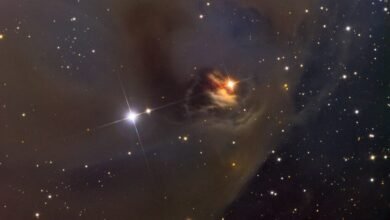Ask Ethan: Why don’t we feel the Universe’s expansion accelerating? | by Ethan Siegel | Starts With A Bang! | Aug, 2024

The Universe isn’t just expansion, but the expansion itself is accelerating. So why can’t we feel it in any measurable way?
One of the more puzzling and counterintuitive facts about the Universe is that what we experience as space — or the distance/separation between objects — isn’t something that’s fixed over time. Instead, distances evolve, and not in the same way, on cosmic scales, that they evolve here on Earth, in our Solar System, or within our galaxy. Within these more familiar systems, distances tend to change based on the forces acting on the objects in question: specifically, the force of gravity, which works to attract all objects with mass, as well as the electromagnetic and nuclear forces, which tend to dominate on smaller, lower-mass scales.
But on larger cosmic scales, the Universe truly is expanding, and moreover, that expansion is accelerating. Why is this expansion something that we don’t experience in any way here on Earth, and can’t even feel or detect in terrestrial experiments with even our most sensitive instruments? That’s what Jim wants to know, as he writes in to ask:
“Many cosmologists believe that the expansion of the universe is accelerating. If so, why don’t we feel it…
Source link





